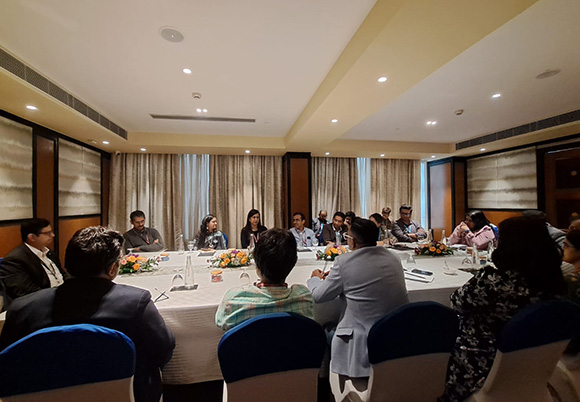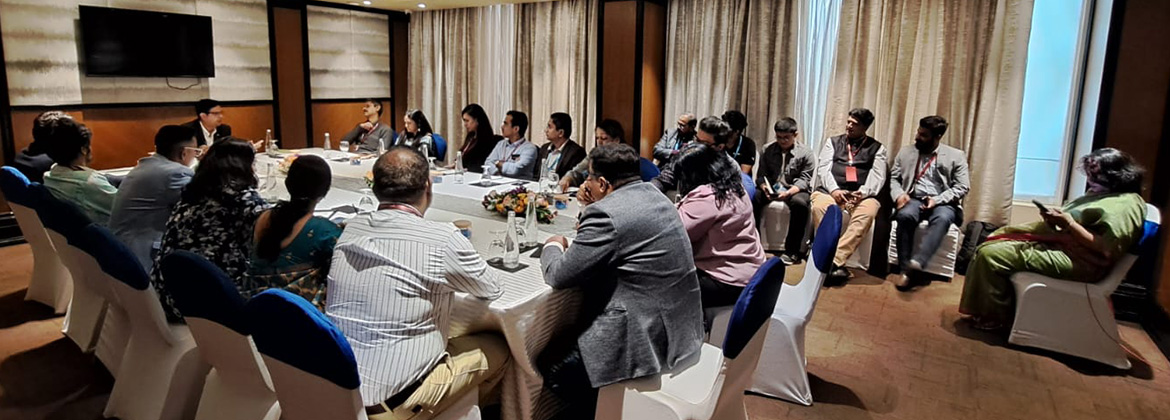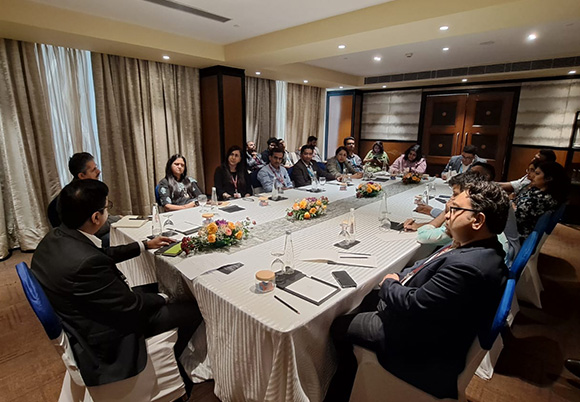Participants stressed the importance of understanding the organizational context when developing responsible AI programs. This involves tailoring AI initiatives to fit within the specific regulatory, ethical, and operational framework of the organization. For instance, participants highlighted the importance of considering sector-related regulations, such as data protection safeguards mandated by sectoral regulators, to assess the overall risk exposure of AI development and use for an organization.
Participants emphasized the importance of both principles-based and rules-based frameworks in regulating AI. Principles serve as a foundation, reflecting the organization’s values and overarching goals. Meanwhile, rules provide the actionable guidelines necessary for implementing these principles. The discussion explored how these frameworks can be complementary, with principles guiding the ethical considerations and rules offering specific guidance for compliance and implementation.
Participants evaluated the European Union’s AI Act, which adopts a risk-based approach to regulating AI. This approach involves categorizing AI applications based on their risk levels and applying regulations accordingly. The discussion touched upon the strengths and weaknesses of this risk-based approach and its potential implications for businesses.
Participants discussed the financial implications of compliance with responsible AI frameworks. This could include considerations of the resources required for implementing ethical guidelines, ensuring transparency, and conducting thorough assessments of AI systems. Addressing the costs of compliance is crucial for organizations to make informed decisions about integrating responsible AI practices into their operations.
Participants also discussed the importance of integrating responsible AI practices throughout the AI lifecycle. This involves incorporating ethical considerations, transparency, and fairness at every stage, from data collection and model training to deployment and ongoing monitoring. For instance, while building generative AI solutions, reinforcement learning from human feedback would play a crucial role in ensuring model fairness and accuracy.
Participants explored the applicability of existing responsible AI principles to generative AI models. While existing principles remain relevant, there may be a need to recalibrate the roles and responsibilities of various stakeholders in the generative AI lifecycle. Presently, in the absence of a legal standard, contractual arrangements determine the roles and responsibilities of various stakeholders and the ownership of intellectual property in both the output and the generative model itself.


